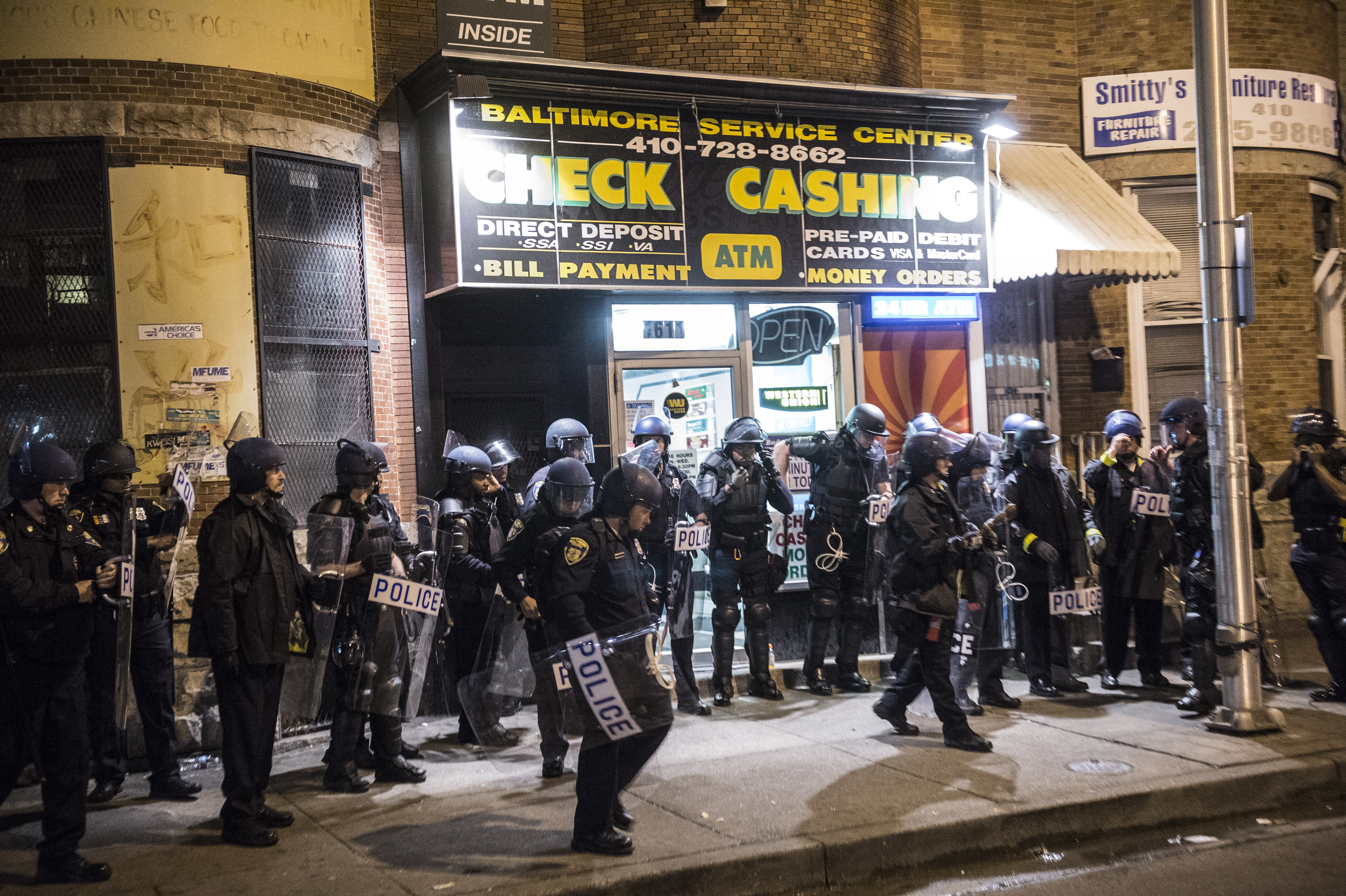Why Jeb Bush Says He’s Right About Immigration
Ken McIntyre /
A gathering of conservatives gave Jeb Bush a strong round of applause applause after he made a spirited defense of his call for decisive action on immigration reform, which many of them oppose.
Bush apparently got credit for standing up in the lion’s den – in this case a program earlier this week associated with the conservative National Review – and making the case for an influx of “young, aspirational and dynamic” Americans to help revitalize the economy.
“I just think you’re wrong on immigration and you think I’m wrong, to be honest with you,” the former Florida governor and likely Republican presidential candidate said during the first day of the National Review Institute’s three-day Ideas Summit at the Willard InterContinental Hotel in Washington, D.C.
“I may be stubborn, but I am willing to listen [although] I think I’m right on this.”
His biggest goal, Bush argued, is to reverse a trend toward “decline” by making room for talented guest workers and technology specialists alike.
The theme of the conference was “Why the Future Is Conservative.” Posing the questions to Bush was Rich Lowry, editor of National Review.
Lowry asked “what was wrong” with securing the border first, tightening workplace enforcement and fixing visa programs before moving on to “some form of amnesty” for illegal immigrants and a new skill-based system for legal entry.
“Hey, we’re getting there,” Bush replied, though he said he worries that the definition of secure borders may mean compromising individual liberty.
Asked about the looting and arson in Baltimore following the fatal injury of a young black man in police custody, Bush said he thought that “allowing the riots to happen was disturbing” and that “a lot of people will suffer” as a result.
“There needs to be a certainty of punishment to create order,” he said, pointing to the public support for a Baltimore mother, captured on video, who slapped her teenage son and marched him homeward.
“I admire her a lot for doing what she did,” Bush said. “That was a nice visual symbol for what needs to be restored.”

Baltimore police took to the streets at night to enforce curfew since rioting began after the funeral of Freddie Gray who died while in police custody. (Photo: Robert Stolarik/Polaris/Newscom)
He also said it “sends the wrong signal” to hold a baseball game at Camden Yards without letting people in to see it.
President Obama and others on the political left, Bush said, suggest “conservatives haven’t offered up enough money” to fight poverty and other ingrained urban problems. In reality, he said, “it’s the failed progressive policies” costing trillions that discouraged marriage, weakened schools and held back generations.
If you’re born poor today, Bush said, “by the time you’re 18 it’s possible you may never have a job in your entire life. … If we don’t get this right we’re going to have an America that is radically different.”
Conservatives should not be on the defensive, he said, but rather urge reforms that “reward work rather than non-work” and create “a system of support that doesn’t create dependency.”
On education, Bush emphasized his track record on academic achievement in Florida based on higher standards, stricter accountability for students and educators and more school choice.
His goal is “a customized learning experience for every child in America,” Bush said.
“Every [other] aspect of their life has been customized.”
Among Bush’s other comments:
On the Iran nuclear deal: It is likely to result in nuclear proliferation in the region and an “emboldened Iran, not a humbled Iran.”
Would he pull out of a bad deal if he became president? “If it’s in the security interests of the U.S.? Absolutely.”
On opposing religious persecution in the Middle East and elsewhere: “But for us, who is going to stand on behalf of these folks? … This is what happens when we disengage… when we have a regime, excuse me, a government … that can’t even say what the threat is: Islamic terrorism.”
On whether experience as a governor is better than that of a senator when a president has to shape foreign policy: “I don’t know. Let me think. Ronald Reagan?” Governors, he added, have to “persuade, convince, compromise.”
On his mother’s influence on men in her life who run for president: Should he decide to run, Bush said, “I’ll count on the good wisdom and directness of my mom to help me communicate with people.”
Favorites on the Supreme Court: “[Antonin] Scalia by far and away is the most eloquent opinion writer,” he said, but he also admires the “quiet, clear” judgment of Clarence Thomas.
Any worries about being the next subject for “Clinton Cash” author Peter Schweizer: “No, but I hope he gives me a heads up, though.”
How to make sure immigrants assimilate better: All Americans, Bush said, need to have a “deeper understanding” of “our shared values,” including how freedom protects citizens from an overreaching government. The citizenship test should be tougher, but Americans also “need to get back to civics education … This crapola [minimizing the importance of George Washington and other founders] has been going on for a long while.”
His “paleo” diet eschewing processed foods: “Lots of nuts. A whole lot of nuts.”
On the future: “We are on the verge of the greatest time in our lives … if we fix a few big things,” he said. “This is the coolest time to grow up.”
